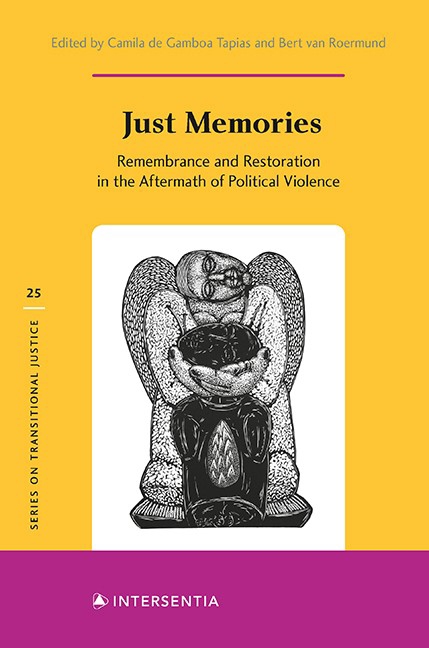Chapter 7 - “Begging to be Black”: Liminality and Critique in Post-Apartheid South Africa
Published online by Cambridge University Press: 11 February 2021
Summary
This is a republication of an article I wrote a decade ago and published in the journal Theory, Culture, and Society. Since that time there have been numerous political and juridical developments in South Africa that are pertinent to the themes explored in this chapter. Among these are the growing dissatisfaction with the constitutional settlement negotiated by the African National Congress (ANC) in 1994, and the palpable lack of progress in land and wealth redistribution. The gist of the criticism is that resorting to constitutionalism at the moment of the shift from white to black rule juridicalised and thus stilled the radical momentum of popular social movements, thereby leading to a compromise that suited white and black elites. There is now a resurgent black nationalism, and a call for “settlers” and “natives” to have a new reckoning to address the history of colonial violence and dispossession in South Africa.
Reflecting now on what I wrote many years ago, my concern remains with the problem that belonging is too readily and simplistically determined and mediated through concepts like “settler” and “native”. I called for an engagement with postcolonial epistemologies precisely to counter the argument that who is “proper” to a place can be determined by a binary opposition of settler/native. My concern has always been, and remains, the danger of political and juridical arguments that turn on an essential identity linked to the notion of “blood and soil”. Strategies informed by such notions will ineluctably lead to yet more camps and gulags. Any argument that seeks to undergird sovereignty (including a decolonised one) through such essential identities needs rigorous interrogation. It remains the case, then, that I believe that Antjie Krog and Mogobe Ramose, the primary thinkers with whom I engage in this chapter, provide useful intellectual resources to address the problem of belonging in South Africa. Their encounter is one that I have staged in the chapter by making their respective concerns and arguments speak to each other.
The wider global proliferation of transitional justice has also come under sustained and meaningful challenge. Mechanisms such as truth and reconciliation commissions have become the favoured methods of political reconstitution when societies confront or are involved in transitioning from colonial violence, dispossession, and racist discriminatory orders. Such institutions face the challenge of whether they represent the “true” path to decolonisation.
- Type
- Chapter
- Information
- Just MemoriesRemembrance and Restoration in the Aftermath of Political Violence, pp. 135 - 156Publisher: IntersentiaPrint publication year: 2020



